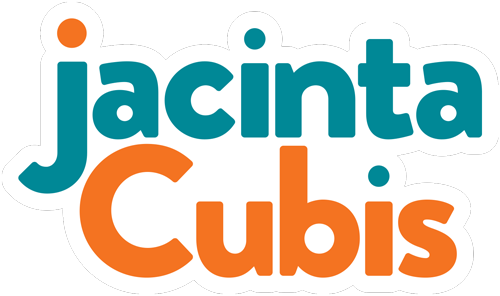Consensus riddle
Them: ‘We’d like to reach consensus on our purpose, priorities and plan.’
Me: ‘What does consensus mean to you?’
Them: ‘We agree.’
Me: ‘Does that mean everyone?’
Them: ‘Um……it doesn’t have to be unanimous.’
Me: ‘A majority?’
Them: ‘Yes! That’s it!’
Me: ‘What does ‘majority’ look like for you?’
Them: ‘Consensus?’
This is not a riddle and I’m not making this up.
Agreeing with my clients what they mean by ‘agreement’ takes time and effort.
It happens more often than you’d think and that’s hardly surprising, given the lack of clarity from dictionaries.
‘General agreement about some issue within a group’ says the Oxford.
‘A generally accepted opinion or decision among a group of people’ according to Cambridge.
‘General agreement among a group of people’ from the Collins.
‘The judgement arrived at by most of those concerned’ adds the Merriam-Webster
——-
Back to square one.
Me: ‘If 80% of the group agrees, how would that sit with you? This works for some of the other groups I work with.’
Them: ’That sounds good.’
That was the easy bit.
Guiding a group towards consensus is a lot harder.
I’ve been helping groups with this for about 30 years and it’s different every time.
Sometimes consensus comes fast but that doesn’t mean we get an early mark.
I check if this is really the case. Or if it’s a case of everybody nodding, and nobody agreeing, to paraphrase Ian McEwan from his novel, Atonement.
Sometimes it’s just as important to reflect the views and opinions of the ’20 per cent’. This could be in a ‘minority report’ but the groups I facilitate are rarely that formal. So we find another way that works for them.
And that’s the point. What works for them.
When was the last time a group you were in tried to agree on something?
How did that go?
Thanks for reading this far.
Stay (fl)awesome!

